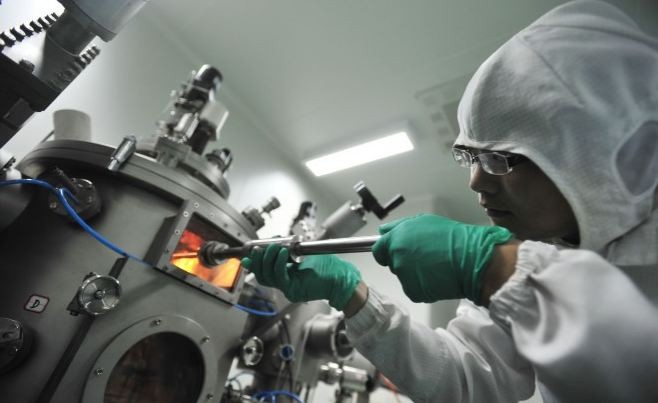The National Natural Science Foundation of China (NSFC) has given its approval and set aside $2.8 billion to fund 38,160 science projects this year.
While the number of funded projects is impressive, NSFC is faced with the problem of funding over 139,000 other projects with its remaining funds amounting to less than $1 billion for the remainder of the year.
NSFC announced it was investing an average of $90,000 for programs exploring scientific frontiers. Projects designated as priority areas such as quantum information technology, cosmic ray detection and climate change received $420,000 on average.
From 2011 to 2015, NSFC said it invested some $13 billion of state funds in nearly 200,000 programs while $255 million in funding came from other sources.
China is investing heavily in science to further develop basic research and development and elevate the reputation of its academic papers. A new spending plan in China's 13th Five-Year Plan (2016-2020) significantly increases government spending on science research and development.
By 2020, China aims to increase expenditure on scientific research and experiments to 2.5 percent of its GDP and expects its comprehensive innovation capabilities to be ranked among the world's top 15. This compares to the 2.1 percent of total national expenditures amounting to over S211 billion in 2015. The plan also aims to make China an innovation powerhouse by 2020.
On the other hand, the Science, Technology and Industry Outlook 2014 projects China will outspend the United States in science research and development by 2020. The outlook was published by the Organization for Economic Co-operation and Development (OECD), an intergovernmental economic organization with 35 member countries to stimulate economic progress and world trade.
It said China will place great emphasis on telecommunications; quantum computing; nuclear power; deep-sea exploration; computer circuitry; brain science and lunar exploration. Beijing also plans to increase efficiency, foster creativity and direct resources to strategic areas.



























